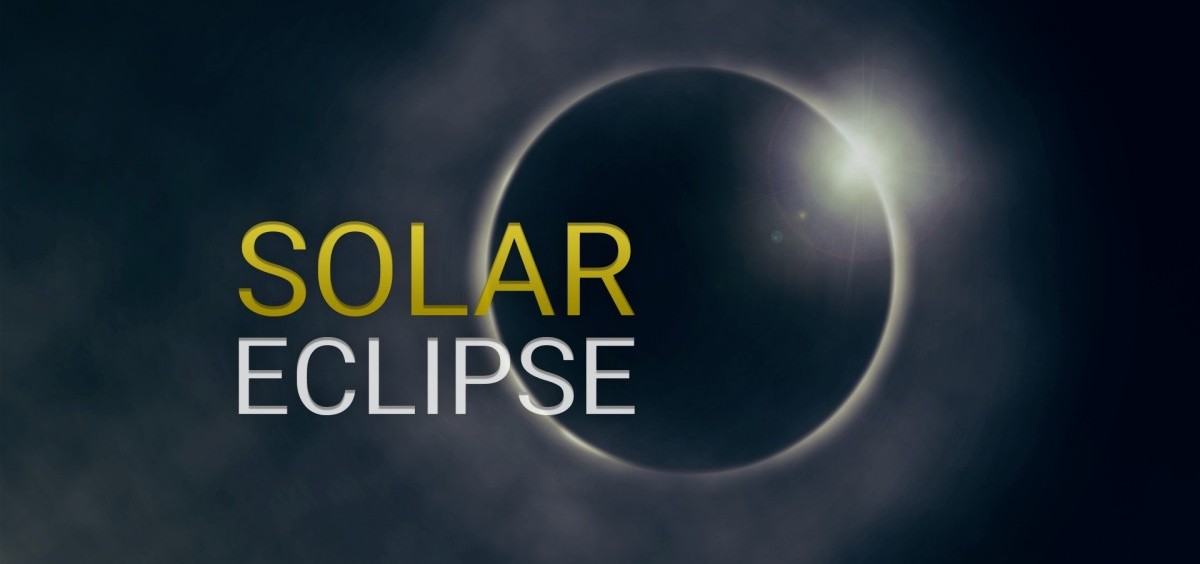News

Solar Eclipse Brings Excitement, Caution
By: Susan Tebben
Posted on:
At about 2:30 p.m. today, the skies will be the focus for the nation, as a solar eclipse overshadows all other events.
Though retailers and optometrists’ offices alike are completely sold out of special “eclipse glasses,” made to view the eclipse, two different events are holding them for attendees.
Little Fish Brewery has been holding on to glasses for their event, selling them to customers to view the passing of the moon in front of the sun.
“Everybody’s coming by and asking to buy them early,” said brewery co-owner and brew master Sean White. “And I feel bad. But we can’t sell them to them because they’re for the event.”
At 1 p.m., the Athens Public Library will have glasses and other ways of viewing the eclipse at an event that last until the end of the eclipse, at about 4 p.m. Volunteers from the Ohio University Department of Physics and Astronomy will be on hand, along with representatives from the Ohio Valley Museum of Discovery.
Though the eclipse is a fun and educational event, medical professionals are urging caution when it comes to looking at the natural phenomenon.
Southeast Ohio is not in the path of “totality,” which is the path of the eclipse in which the sun will be completely covered by the moon. Because of this, there won’t be a time when it will be safe to take off glasses or look directly at the eclipse, according to the American Academy of Ophthalmology.
At the time of the eclipse, much like on an overcast day, the ultraviolet rays of the sun will still be emitted, but the brightness of the sun won’t be there to deter looking at the sun.
Looking straight at the sun can damage the macula, a tiny piece at the back of the eye which is vital for vision, according to Athens optometrist Dr. Thomas H. Littler.
When the eye is pointed at a focal point, the macula is what allows the eye to see.
“(The solar eclipse has) so much energy, it burns the macula and destroys the cells that we see with,” Littler said.
That part of the eye has no pain receptors or heat receptors, so the damage isn’t felt.
“In other words, you can have 20/20 vision, and look at that shadow across the sun…you don’t know it until it goes away and you try to look across the street,” Littler said. “Now, instead of 20/20, your vision’s 20/40, 20/60, 20/80 depending on the degree of burn of the macula.”
Littler recommends using box viewers, which allow viewers to see the shadow of the eclipse, without directly looking at it.
Aaron Payne contributed to this report.

